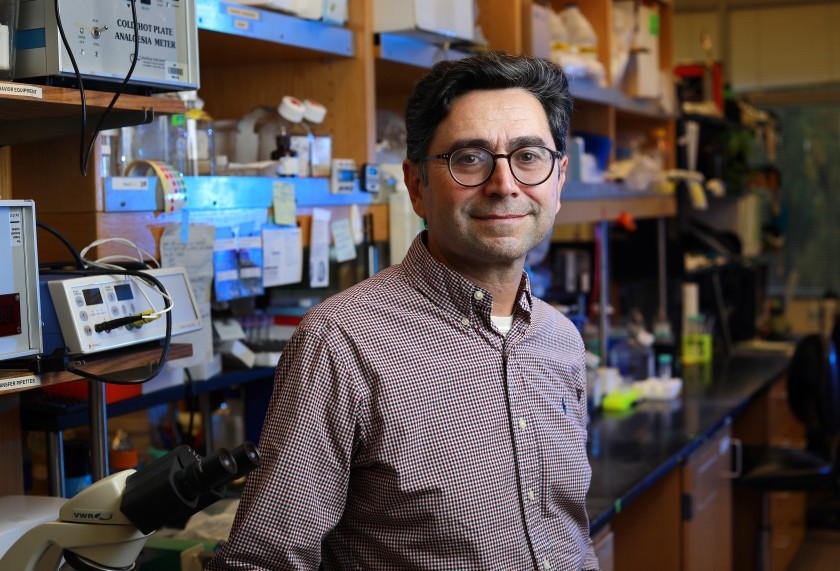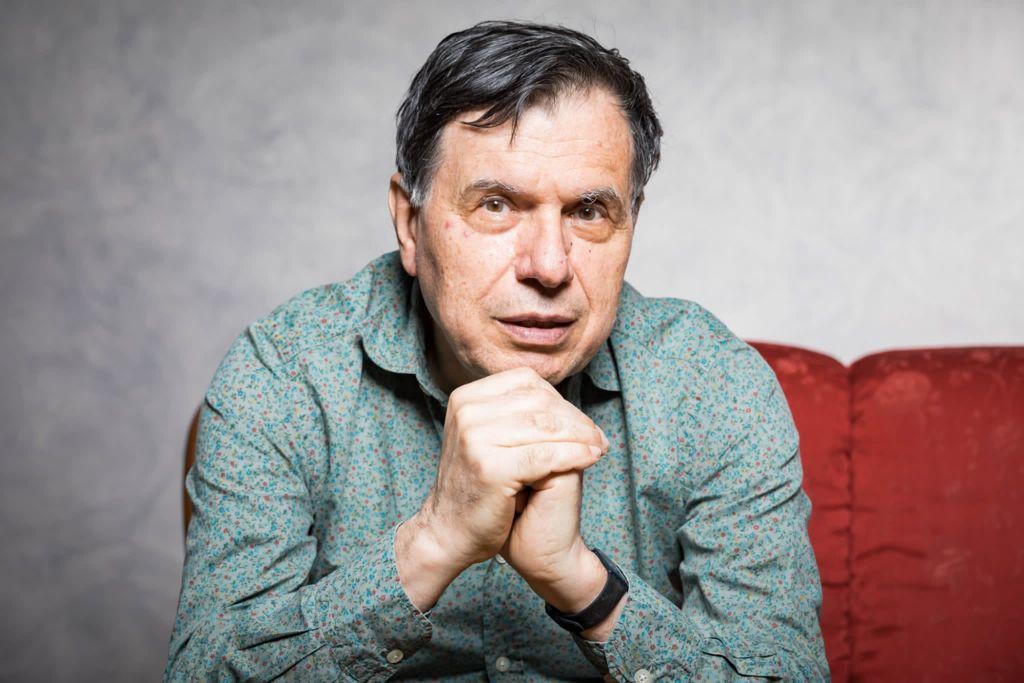Germany President Frank-Walter Steinmeier: Biography, Personal Profile, Career
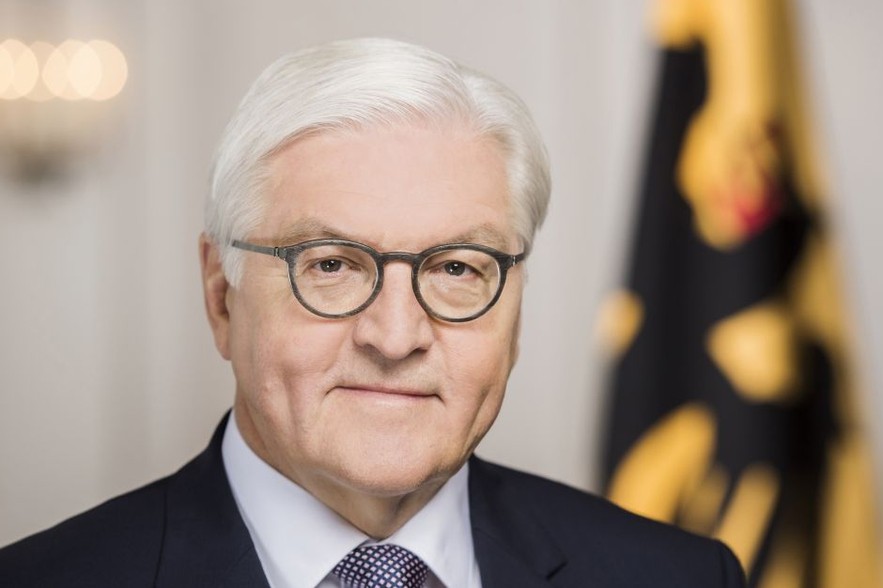 |
| Photo: Getty Images |
Who is Frank-Walter Steinmeier – Biography
Frank-Walter Steinmeier (born 5 January 1956) is a German politician serving as the president of Germany since 19 March 2017. He was previously the minister for Foreign Affairs from 2005 to 2009 and from 2013 to 2017, and vice-chancellor of Germany from 2007 to 2009. He was chairman-in-office of the Organization for Security and Co-operation in Europe (OSCE) in 2016.
Steinmeier is a member of the Social Democratic Party of Germany (SPD), holds a doctorate in law and was formerly a career civil servant. He was a close aide of Gerhard Schröder when Schröder was Prime Minister of Lower Saxony during most of the 1990s, and served as Schröder's chief of staff from 1996. When Schröder became Chancellor of Germany in 1998, Steinmeier was appointed Under-Secretary of State in the German Chancellery with the responsibility for the intelligence services. From 1999 to 2005 he served as Chief of Staff of the Chancellery.
Germany President Frank-Walter Steinmeier: Childhood and Early Life
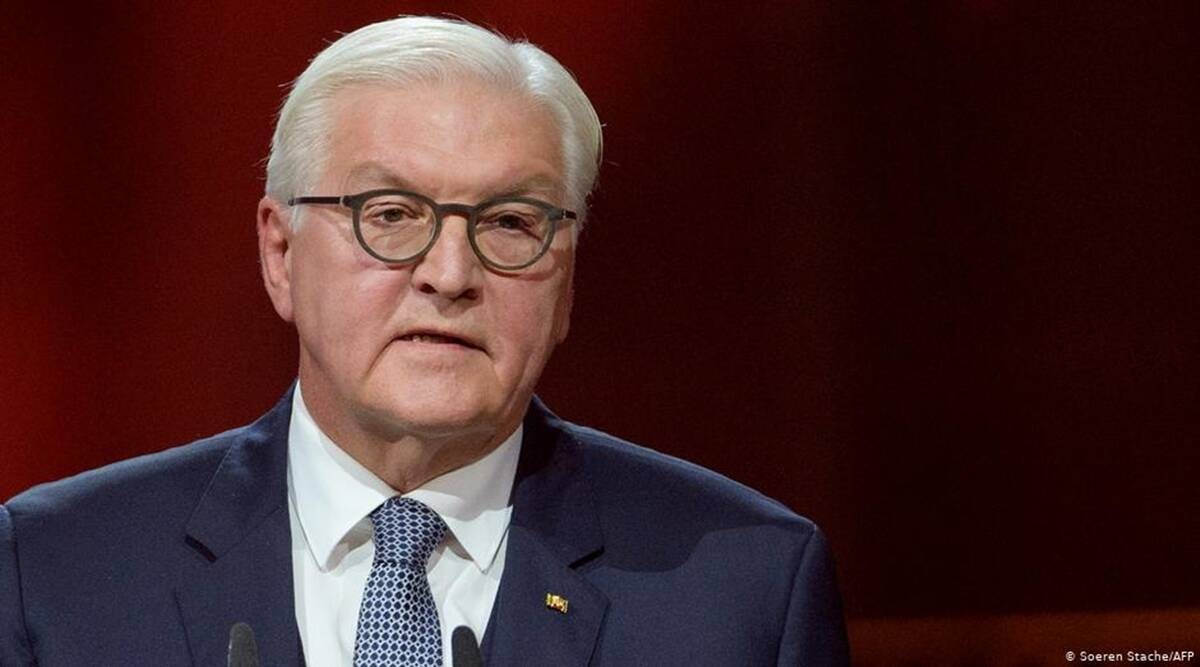 |
| Photo: The Indian Express |
Frank-Walter Steinmeier was born in Detmold (Lippe district) on 5 January 1956.
His father, a carpenter, was affiliated with the Church of Lippe (one of Germany's few Calvinist regional church bodies, and a member church of the Evangelical Church of Germany). His mother, born in Breslau (now Wrocław, Poland), came as a refugee from a Lutheran part of Silesia during the flight and expulsion of Germans after World War II.
After attending grammar school in Blomberg and doing two years of military service, Frank-Walter Steinmeier began his degree in law at Justus Liebig University in Giessen in 1976. From 1980, he also studied political science. He passed the first state law examination in 1982 and then did his practical legal training in Frankfurt am Main and Giessen. He completed this training when he passed the second state law examination in 1986, after which he worked as a research fellow at the Chair of Public Law and Political Science in Justus Liebig University in Giessen. In 1991, he was awarded a doctorate in law for his thesis.
Germany President Frank-Walter Steinmeier: Career
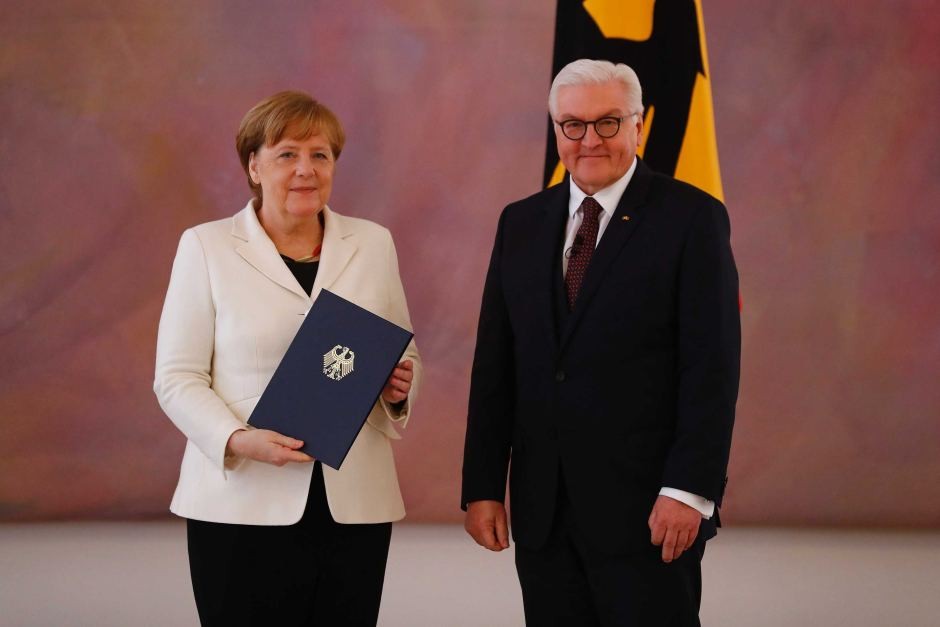 |
| Photo: ABC News |
He took a position in the media law and policy division of the state chancellery of Lower Saxony, where he quickly progressed to head the office of then-premier Gerhard Schröder in 1993.
When Schröder became federal chancellor in 1998, Steinmeier followed him, taking a job in the chancellery and becoming commissioner for the federal intelligence service.
After the head of the chancellery withdrew, Steinmeier took over the position. He became one of Schröder’s most trusted advisers, the author of a white paper on retirement reform and tax reform, and a decisive voice in a series of economic reforms known as Agenda 2010.
Following the 2005 elections, the CDU, which had captured (with its Bavarian sister party, the Christian Social Union [CSU]) the most seats, was unable to form a majority with its preferred coalition partner, the Free Democratic Party (FDP). Instead, the CDU leader, Angela Merkel, who would become chancellor, turned to the SPD to form a grand coalition; she unexpectedly turned to Steinmeier—the confidant of Schröder, her predecessor and political rival—to head the Foreign Office.
Although the choice seemed unorthodox, in political and diplomatic circles Steinmeier’s appointment was greeted with approval, and in 2007 he added the role of vice-chancellor to his responsibilities. That same year he also served as the president of the European Council.
On September 7, 2008, Steinmeier was announced as the official candidate of the SPD for the chancellorship in the 2009 parliamentary elections. The SPD had been in ideological uncertainty for almost a decade, and the new Left Party (Die Linkspartei) had preyed on those voters who felt that the SPD had moved too far from its centre-left roots. The biting criticism that the SPD had become virtually indistinguishable from the centre-right CDU was not helped by SPD’s participation in the grand coalition under Merkel. Although many people considered Steinmeier the proper choice to give the SPD a new direction and regain voter confidence, to others the former civil servant who had never held elective office seemed an unlikely pick.
Despite his overall popularity, Steinmeier had not escaped criticism. He was accused of human rights violations regarding German alleged terrorists who were apprehended by U.S. authorities and transported to Guantánamo Bay in Cuba. That cost him approval from the general public and led some people to question whether he was enough of a Social Democrat to redefine the SPD.
In 2009 the CDU-CSU and the FDP won enough parliamentary seats to form a governing coalition without the SPD. Steinmeier then was selected as parliamentary head of the SPD in its new role as an opposition party. In August 2010 he stepped aside as parliamentary leader of the SPD to donate a kidney to his ailing wife; the transplant was a success, and Steinmeier returned to politics later that year.
The CDU-CSU fell just short of winning an absolute majority in the 2013 federal election, but the FDP failed to clear the five percent threshold needed to secure representation in parliament. Months of negotiation yielded another grand coalition government under Merkel, and Steinmeier was once again made foreign minister. Joachim Gauck, who had served as German president since 2012, announced in June 2016 that he would not pursue a second term, and Steinmeier quickly emerged as a favourite to succeed him.
At a special assembly of parliamentarians and representatives from Germany’s federal states held in February 2017, Steinmeier was elected by an overwhelming majority, and he took office as president the following month.
Germany President Frank-Walter Steinmeier: Awards and Achievement
Frank-Walter Steinmeier has received numerous awards and prizes, including the Ignatz Bubis Prize for Understanding, the Europe Prize for Political Culture, the Bosphorus Prize for European Understanding, the Willy Brandt Prize, the Tolerance Prize of the Evangelical Academy of Tutzing and the Ecumenical Prize of the Catholic Academy in Bavaria. He has been awarded honorary doctorates by Paderborn University, the Hebrew University of Jerusalem, the University of Piraeus and Ural Federal University of Ekaterinburg. He is also an honorary citizen of the cities of Sibiu and Reims.
Germany President Frank-Walter Steinmeier: Family Life
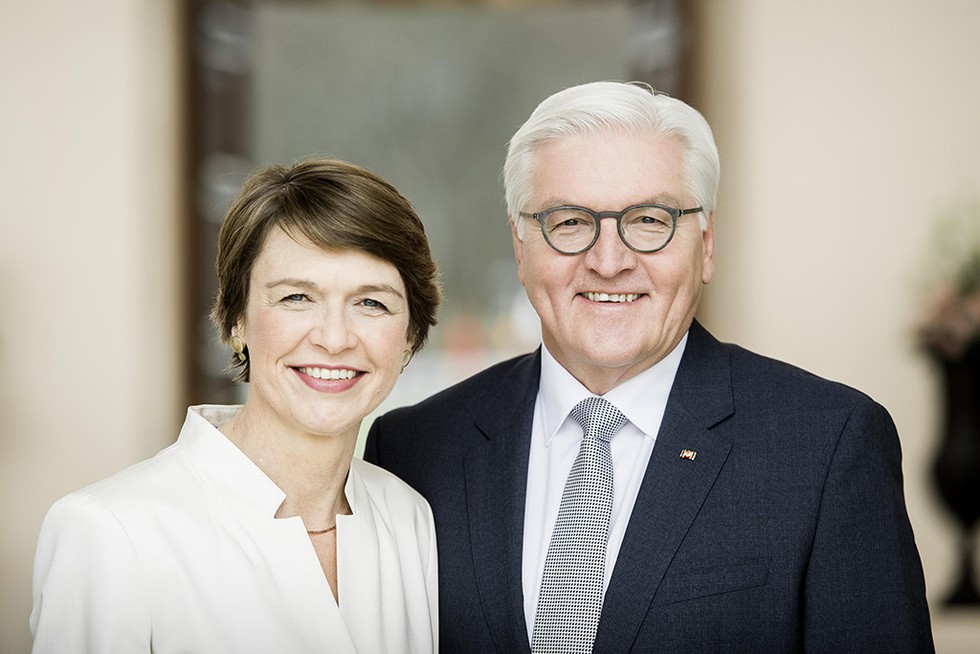 |
| Photo: Bundespräsidialamt |
Steinmeier is married and has one daughter. On 24 August 2010, he donated a kidney to his wife, Elke Büdenbender.
In 2015, Steinmeier served as best man at the wedding of Rüdiger Grube and Cornelia Poletto in Hamburg.
Germany President's RolesThe president is involved in the formation of the Federal Government and remains in close cooperation with it. Basically, the president is free to act on his own discretion. However, according to Article 58 of the German constitution, the decrees, and directives of the president require the countersignature of the chancellor or the corresponding federal minister in charge of the respective field of politics. This rule ensures the coherence of government action, similar to the system of checks and balances in the United States of America. There is no need for a countersignature if the president proposes, appoints or dismisses the chancellor, convenes or dissolves the Bundestag according to Article 63, declares a legislative state of emergency, calls on a chancellor and ministers to remain in office after the end of a chancellor's term until a successor is elected or exercises his right to pardon on behalf of the federation, as these are exclusive powers of the president. Therefore, the president also receives the chancellor regularly for talks on current policy issues. German presidents also hold talks with individual federal ministers and other senior officials at their own discretion. The "Head of the Office of the President" represents the will and views of the president in the meetings of the Federal Cabinet and reports back to the president. The president's most prominent powers and duties include: Proposing the chancellor to the Bundestag. Appointing and dismissing the chancellor and their cabinet ministers Dissolving the Bundestag under certain circumstances Declaring the legislative state of emergency under certain circumstances Convening the Bundestag Signing and promulgating laws or vetoing them under certain circumstances Appointing and dismissing federal judges, federal civil servants, and commissioned and non-commissioned officers of the Armed Forces Exercising the power to pardon individual offenders on behalf of the Federation Awarding honors on behalf of the Federation Representing Germany at home and abroad |
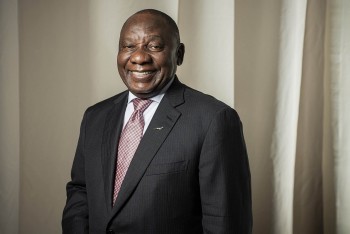 | South Africa President Cyril Ramaphosa: Biography, Personal Profile, Career Cyril Ramaphosa was elected unopposed as President of South Africa by the National Assembly on 15 February 2018. |
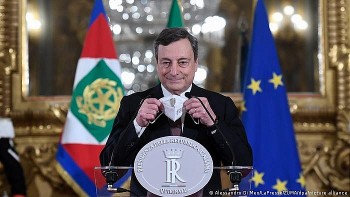 | Italian Prime Minister Mario Draghi: Biography, Early Life & Career Mario Draghi OMRI is an Italian economist, banker, academic, and civil servant who has been serving as Prime Minister of Italy since 13 February 2021. |
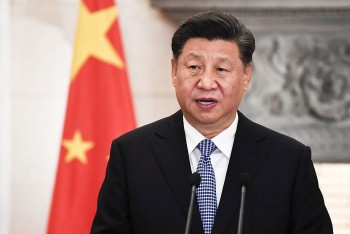 | Chinese President Xi Jinping: Biography, Early Life, Career and Facts What do you know about Xi Jinping, the leader in the Communist Party of China and the President of the People’s Republic of China? Now, ... |
Recommended
 World
World
US, China Conclude Trade Talks with Positive Outcome
 World
World
Nifty, Sensex jumped more than 2% in opening as India-Pakistan tensions ease
 World
World
Easing of US-China Tariffs: Markets React Positively, Experts Remain Cautious
 World
World
India strikes back at terrorists with Operation Sindoor
 World
World
India sending Holy Relics of Lord Buddha to Vietnam a special gesture, has generated tremendous spiritual faith: Kiren Rijiju
 World
World
Why the India-US Sonobuoy Co-Production Agreement Matters
 World
World
Vietnam’s 50-year Reunification Celebration Garners Argentine Press’s Attention
 World
World

